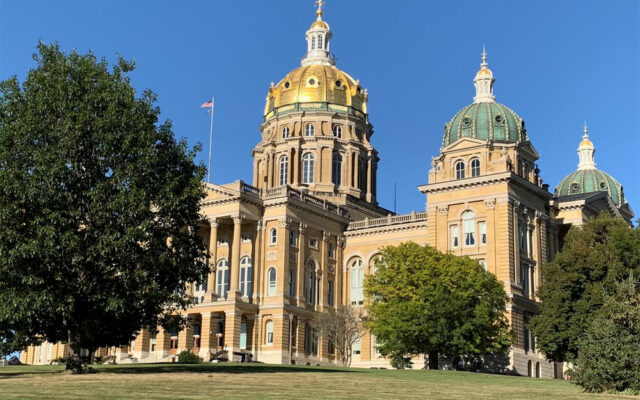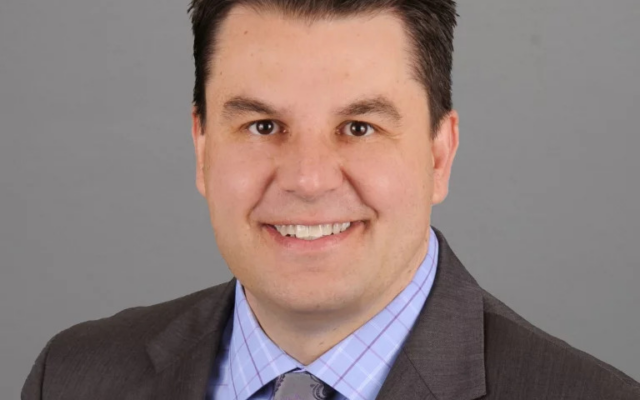U.S. Ag Secretary, trade representative visit Iowa


Secretary Vilsack, Axne, Tai. (AG Dept. Twitter photo)
U.S. Trade Representative Katherine Tai joined Congresswoman Cindy Axne, and U.S. Ag Secretary Tom Vilsack Thursday at a farm near Woodward to talk about global trade opportunities and the Inflation Reduction Act.
Tai says the Inflation Reduction Act pushed through by Democrats will be important to the agricultural industry in terms of our trade tools and the design of the way that goods flow in the global economy. “And we see that there are short-term stresses that we’re under that we are responding to. But we also know that there is a medium to long term realignment and transition that we need to go through in order to focus on and build out our resilience as an entire economy,” Tai says.
They also discussed the high cost of farm inputs, specifically fertilizer. Secretary Vilsack says one issue is making sure that farm income is high enough to be able to help farmers withstand these difficult times. He says prices today are better than they were a year ago.
“And one of the reasons is because we are on par for a record year in exports. So as we continue to look for ways in which we can continue to market now, what are we doing, or we’re maintaining and expanding our presence in these markets, we have more trade missions, we have more assistance efforts underway to try to build existing markets. We’re opening up new opportunities,” Vilsack says.
Tai says it’s also reasonable to take a look at the health and functioning of the market here domestically. “In light of changes that have happened in the international context, and how healthy the competition is here. And what our options are also for creating more supply, creating more resilience, and thinking about how our trade tools can complement that,” she says.
Secretary Vilsack was asked about the impact of the Farm Bill. He says it does not impact the decision making for the Farm Bill — it simply allows money through the process to be used on existing programs. “So it’s not like we have to write a whole bunch of rules, we don’t have to write a single rule,” Vilsack says. “We have a backlog of conservation projects that we haven’t been able to fund, not because we don’t have the staff, but because we don’t have the resources, the money.”
Vilsack was asked if he sees carbon capture pipelines as essential to “climate smart agriculture.” “The legislation that’s been passed and by the administration has been supportive of tax credits and basically encouraged this as a mechanism,” Vilsack says. “You know, the reality is, we need a variety of options here, a variety of options. Carbon capture and sequestration is one option, it is by no means the only option, and it is by no means the sole solution.”
Vilsack is a Democrat and the former governor of Iowa who is serving his second stint as U.S. Ag Secretary after serving in the Obama administration



